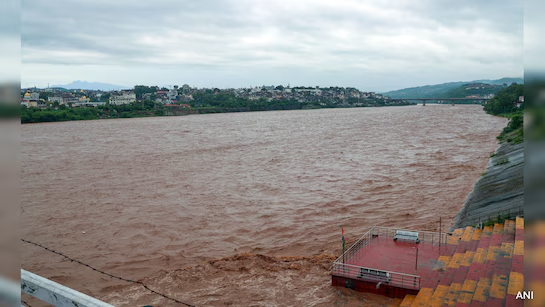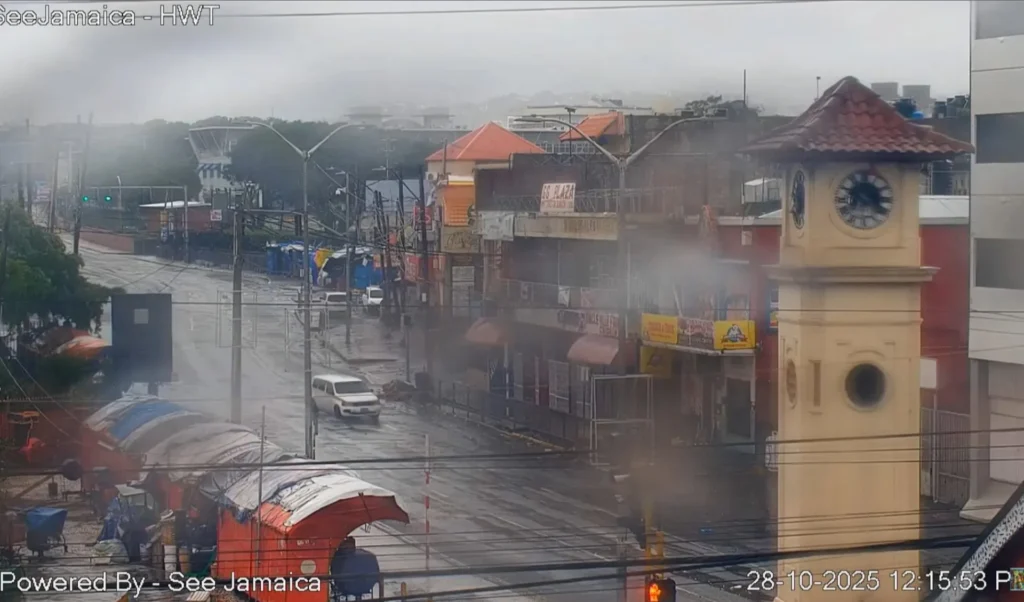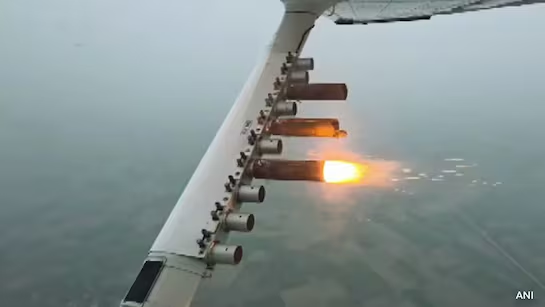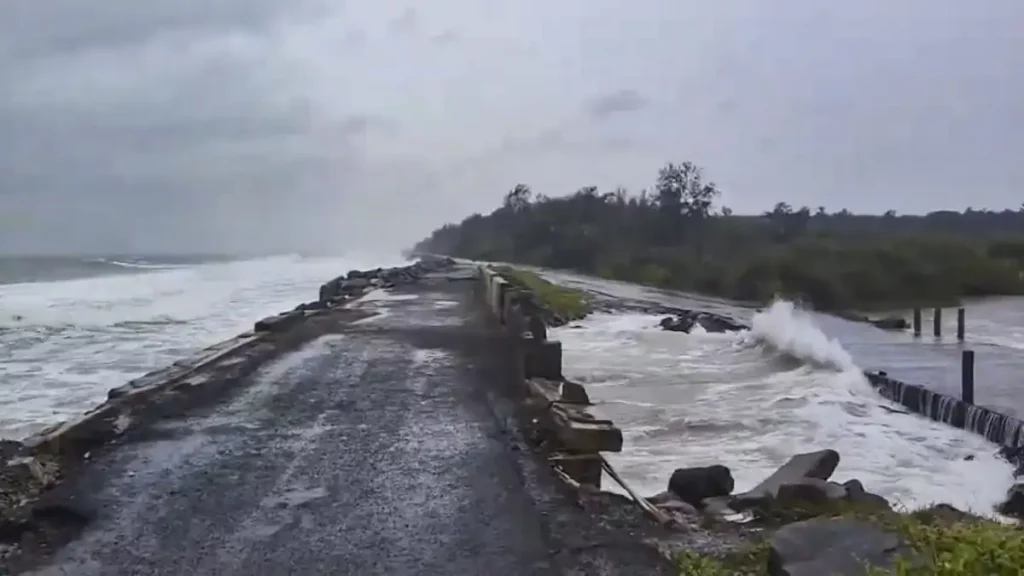Now Reading: India Issues Fresh Flood Alerts to Pakistan on Humanitarian Grounds
-
01
India Issues Fresh Flood Alerts to Pakistan on Humanitarian Grounds
India Issues Fresh Flood Alerts to Pakistan on Humanitarian Grounds

India has issued fresh alerts to Pakistan about the possibility of high floods in the coming days, citing humanitarian concerns. The warning highlights a high probability of rising water levels that could impact downstream regions. Such alerts are part of the existing cooperation between the two countries on sharing hydrological data, aimed at minimizing risks to civilian life and property in vulnerable areas.
According to officials, India has informed Pakistan of increased water discharge from rivers that flow across the border. The move is in line with established protocols under which both countries exchange timely information on river conditions during the monsoon season. By alerting its neighbor, India aims to ensure that precautionary measures can be taken in flood-prone areas to reduce damage.
The warning comes as heavy rainfall continues across parts of North India, swelling rivers and raising water levels. States like Punjab, Himachal Pradesh, and Haryana have already been on alert for possible flooding, and the same waters eventually flow into Pakistan’s Punjab region. Sharing such data becomes critical when large populations depend on timely warnings for safety.
For people living in Tier 2 cities and rural belts near riverbanks, such alerts often mean preparing for evacuation, securing property, and safeguarding livestock. Local administrations on both sides of the border rely on this information to set up relief camps, strengthen embankments, and manage emergency responses effectively.
While political relations between India and Pakistan remain tense, the continued practice of sharing flood-related information reflects a rare channel of cooperation that directly impacts ordinary citizens. Humanitarian considerations often take precedence in such cases, with both governments recognizing the importance of saving lives beyond politics.
By issuing these fresh alerts, India has once again underscored the need for timely coordination in managing natural disasters. For communities on either side of the border, it is a reminder that cooperation during crises can go a long way in reducing human suffering and loss.

























